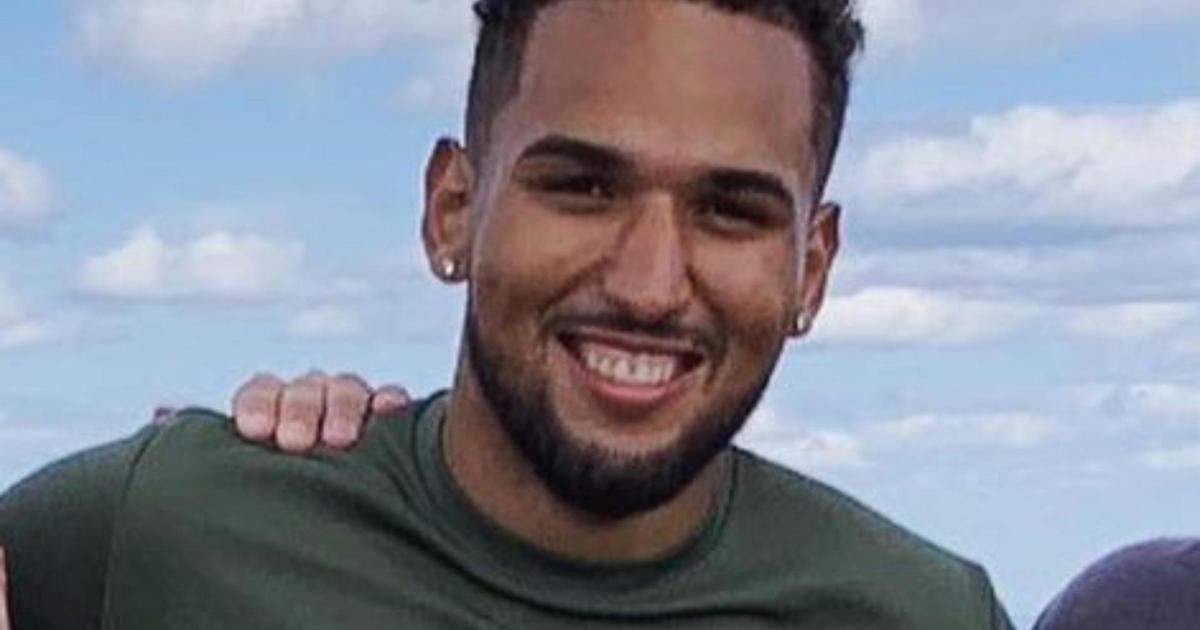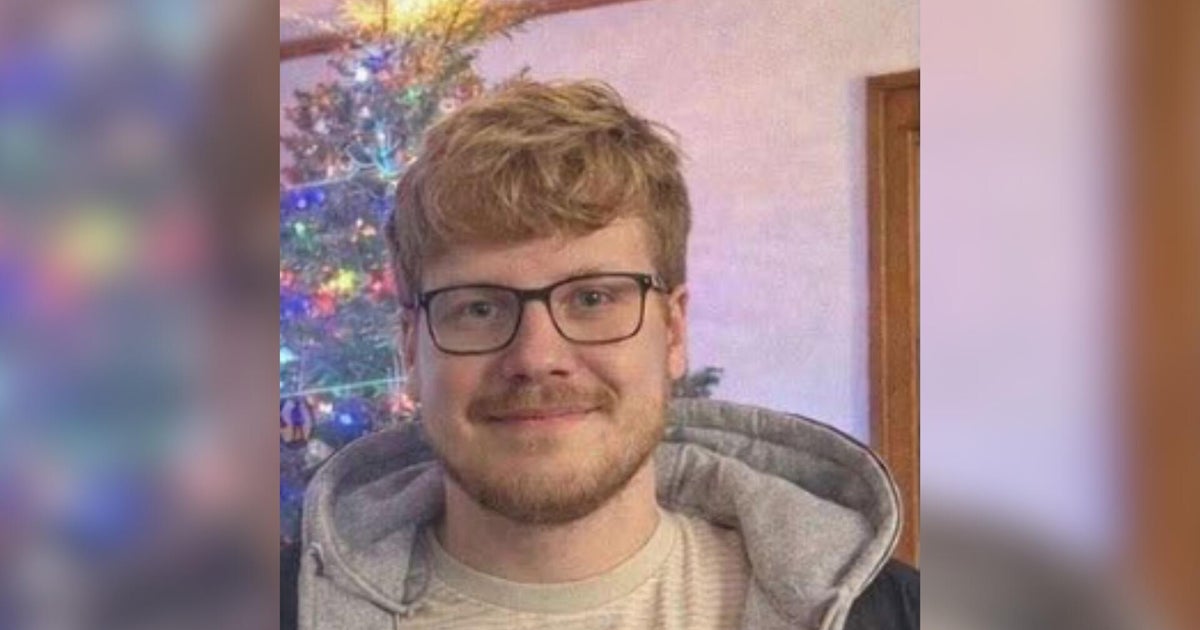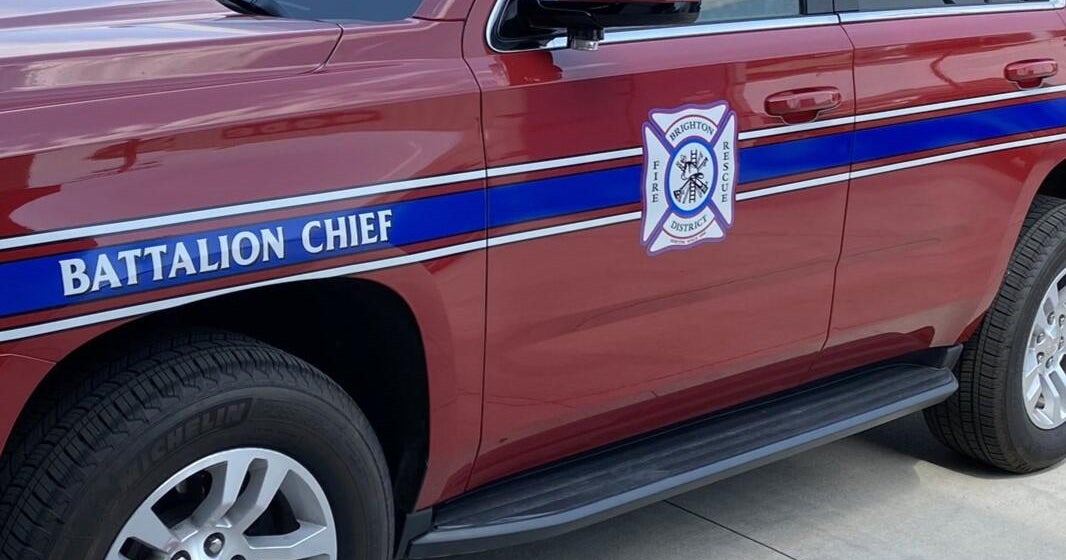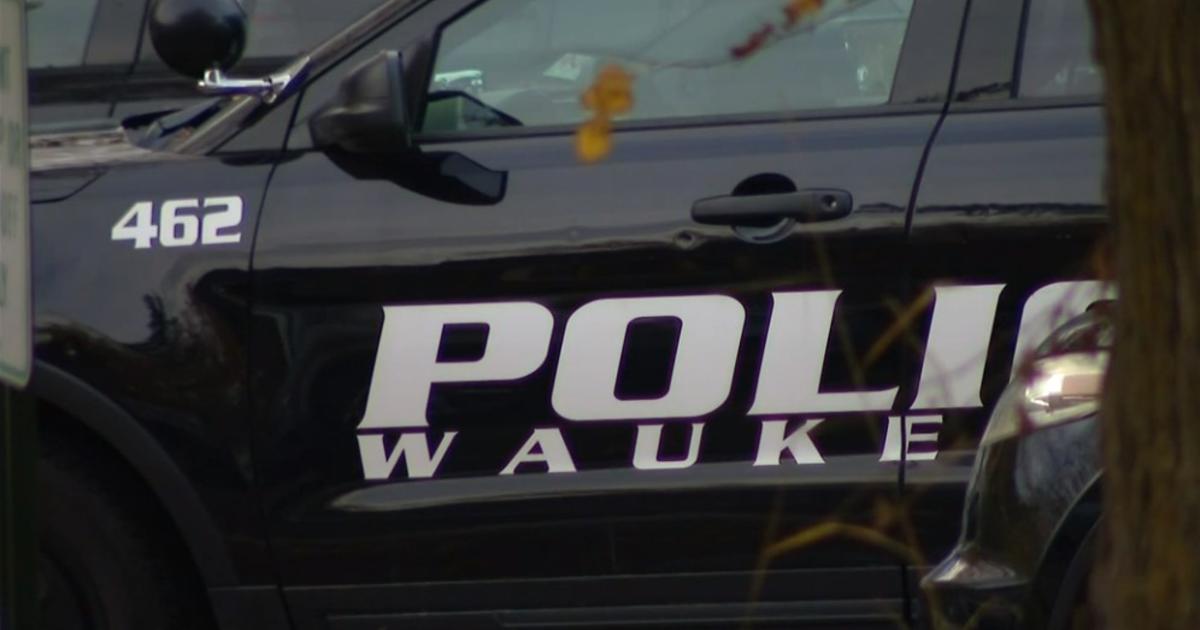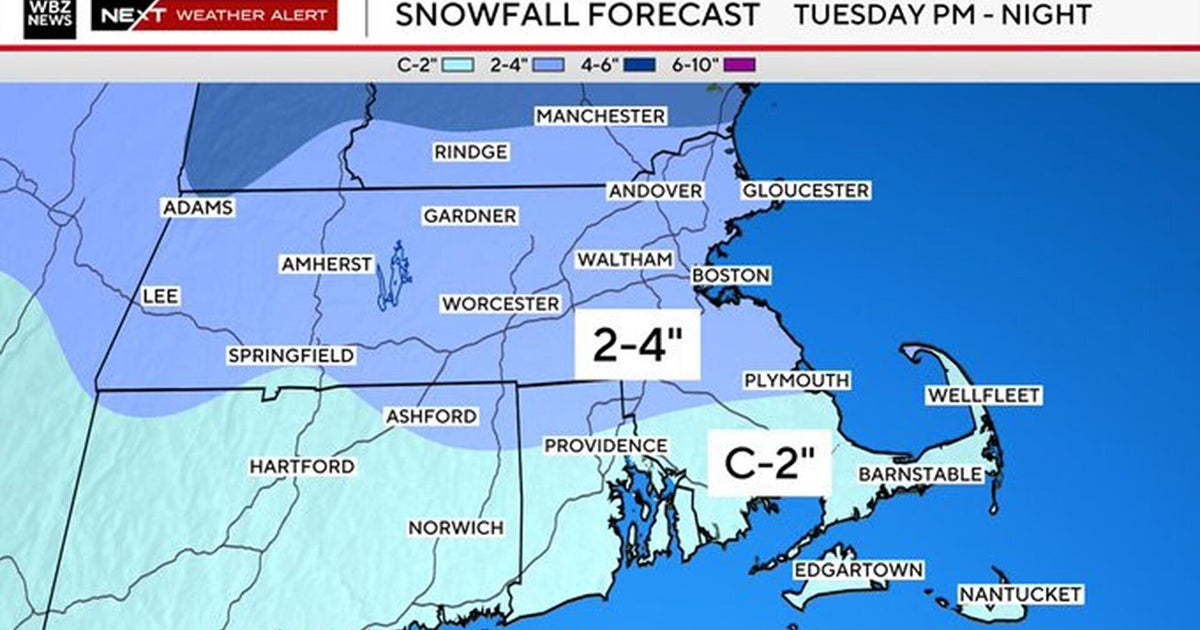Massachusetts creating missing and unidentified persons task force
BOSTON – Three hundred members of law enforcement across Massachusetts will soon be trained to better investigate cases involving missing people or human remains.
A budget proposal by Gov. Maura Healey's administration includes $300,000 to establish the Missing and Unidentified Persons Coordination Unit designed to support local law enforcement and coordinate cases statewide.
Healey's office said a recent training session for officers included how to acquire forensic data, analyze geolocation records, and articulate results in real time.
Boston City Councilors are calling for more equality in missing persons cases as well.
Councilor Julia Mejia said the case of Reina Morales Rojas is a prime example of unequal treatment of missing persons cases involving women of color and immigrants.
Morales Rojas has been missing for more than three months from her East Boston home. Mejia said it took police nearly two months to publicly announce Morales Rojas was missing. She was last seen getting into a car and being dropped of in Somerville. Boston police said they are actively working the case.
On Wednesday, joined by some of her colleagues, Mejia called on the city to take action.
"Imagine being a woman and having to ... or a family member of a woman ... having to go to the police station and report that your family is missing. Imagine looking for them for a week and then a month and then months thereafter. Imagine having anything in the criminal justice system after that because you are ignored or you're told that they are doing everything they can. But then the minute you see your white counterpart on the news and something's happened - imagine that case being take care of immediately That is the reality people of color face with the criminal justice system," said Boston City Councilor Tania Fernandes Anderson
As of March 1, Massachusetts law enforcement reported 1,927 active cases to the FBI's National Crime Information Center (NCIC). That includes 1,908 missing people and 19 unidentified human remains.
"Trainings will offer vital insights into the technology, forensic services, and investigative supports that help to improve investigations, resolve cases, and provide families and communities with the answers they desperately need," Healey said in a statement.
